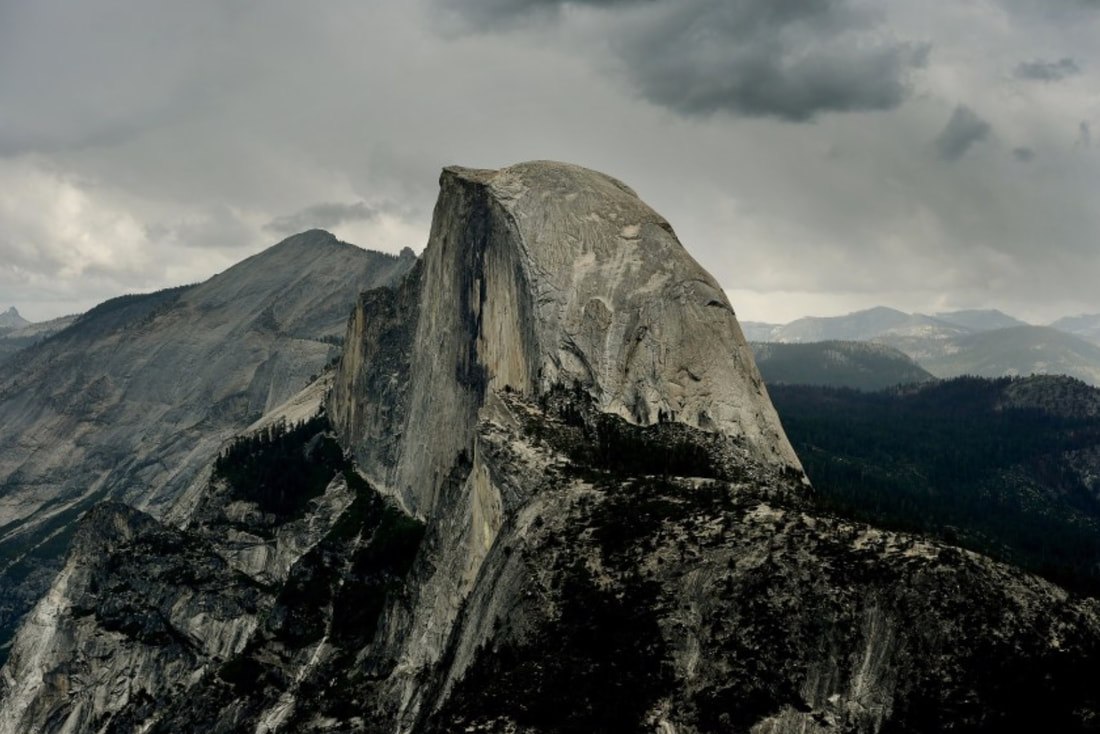The legislation, known as the Great American Outdoors Act, would provide $9.5 billion over the next five years to repair America’s national parks. It also would provide $900 million a year in perpetuity from offshore oil drilling royalties to the Land and Water Conservation Fund to pay for maintenance, repairs and expansion of national parks, state parks and city parks across the nation.
(Photo and article by MERCURY NEWS & EAST BAY TIMES EDITORIAL BOARDS)
The bill passed the Senate 73-25 in June. Sen. Mitch McConnell, R-Ky., and Sen. Chuck Schumer, D-N.Y., both voted in favor. So did Sen. Kamala Harris, D-Calif., and Sen. Lindsay Graham, R-S.C.
The House should approve the legislation when it votes on the issue in the next two weeks. President Trump has said he will sign it into law.
Chalk the compromise up to the kind of election year politics that was once commonplace in Washington, D.C.
Democrats, working in tandem with environmentalists, have tried for years to lock in a guaranteed source of funding to deal with the national parks’ $12 billion maintenance backlog. The deal came about because Republicans are trying to save the Senate seats held by Sen. Cory Gardner, R-Colo., Sen. Susan Collins, R-Maine, and Steve Daines, R-Mont. Voters in those states have largely opposed efforts by Trump and Republicans to roll back environmental protections.
Congress approved the $900 million annual Land and Water Conservation Fund in 1964 as a way to expand the parks system as the nation’s population grew. But Congress and past presidents have too often shifted more than half of the funding to other purposes. Trump’s budget this year, for example, allotted only $15 million for parks and public lands.
The legislation would guarantee that the money would be used exclusively to maintain parks and buy new park land. The bill allocates 70% of the money to national parks. The remainder would be split between the U.S. Forest Service (15%), U.S. Fish and Wildlife Service (5%), Bureau of Land Management (5%) and Bureau of Indian Education schools (5%).
The funding is urgently needed to improve aging roads, bridges, trails, camping facilities and lodging in national parks.
The National Park Service reported in 2018 that California’s nine beloved national parks need more than $1 billion in essential repairs, including Yosemite ($645.6 million), Sequoia and Kings Canyon ($169.9 million), Death Valley ($128.8 million), Joshua Tree ($65.9 million) Lassen ($33 million), Redwood ($23 million), Channel Islands ($11.2 million) and Pinnacles ($10 million).
State and local parks would also benefit. The Bay Area News Group’s Paul Rogers reported that in the past the money has funded state grants to build 40,000 swimming pools, soccer fields, baseball diamonds, playgrounds, fishing piers, jogging trails and other projects at local parks nationwide.
It was John Muir who said, “Everybody needs beauty … places to play in and pray in where nature may heal and cheer and give strength to the body and soul alike.”
The Great American Outdoors Act is a great way for us to preserve what Wallace Stegner famously called America’s best idea.

 RSS Feed
RSS Feed